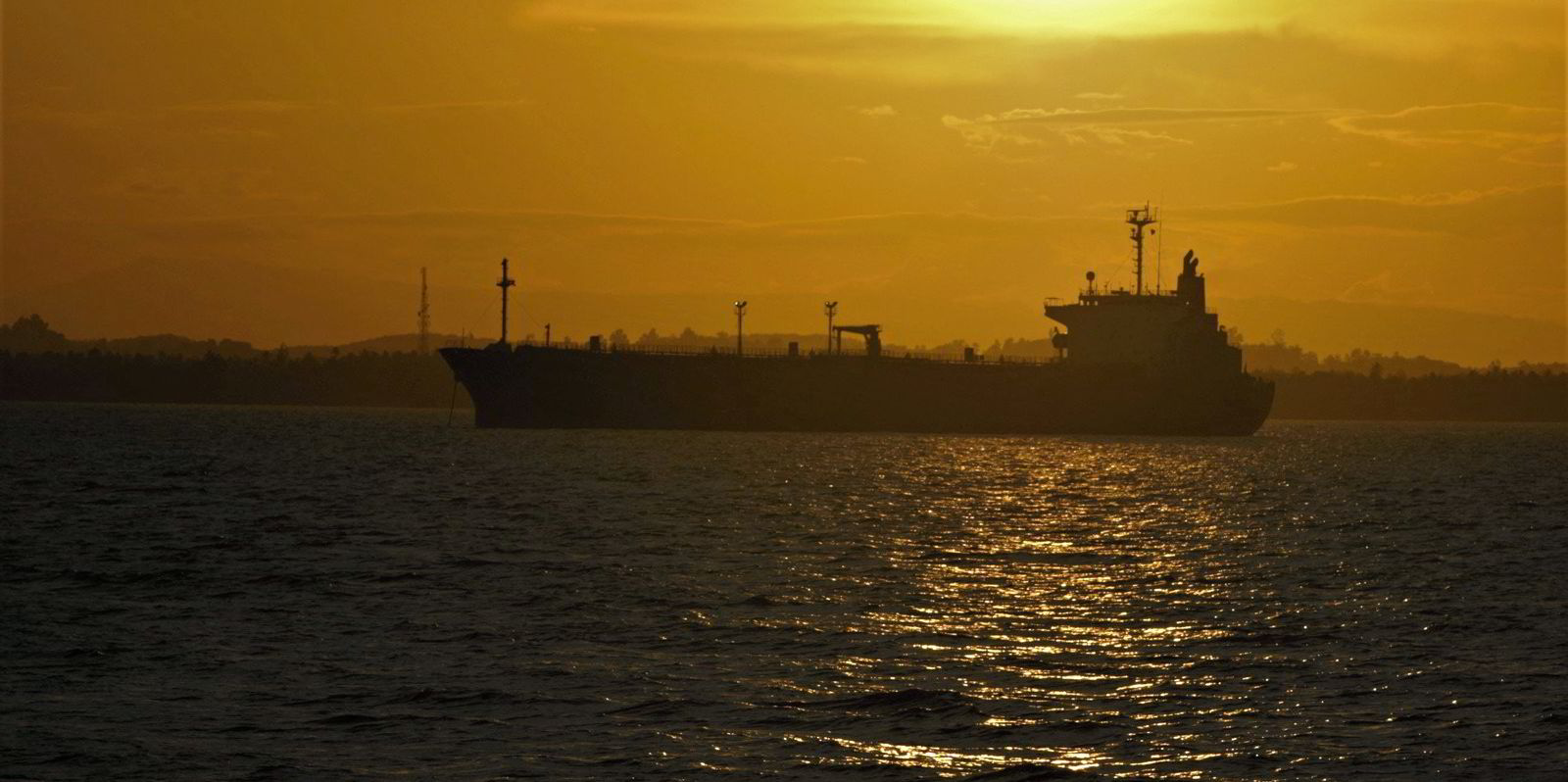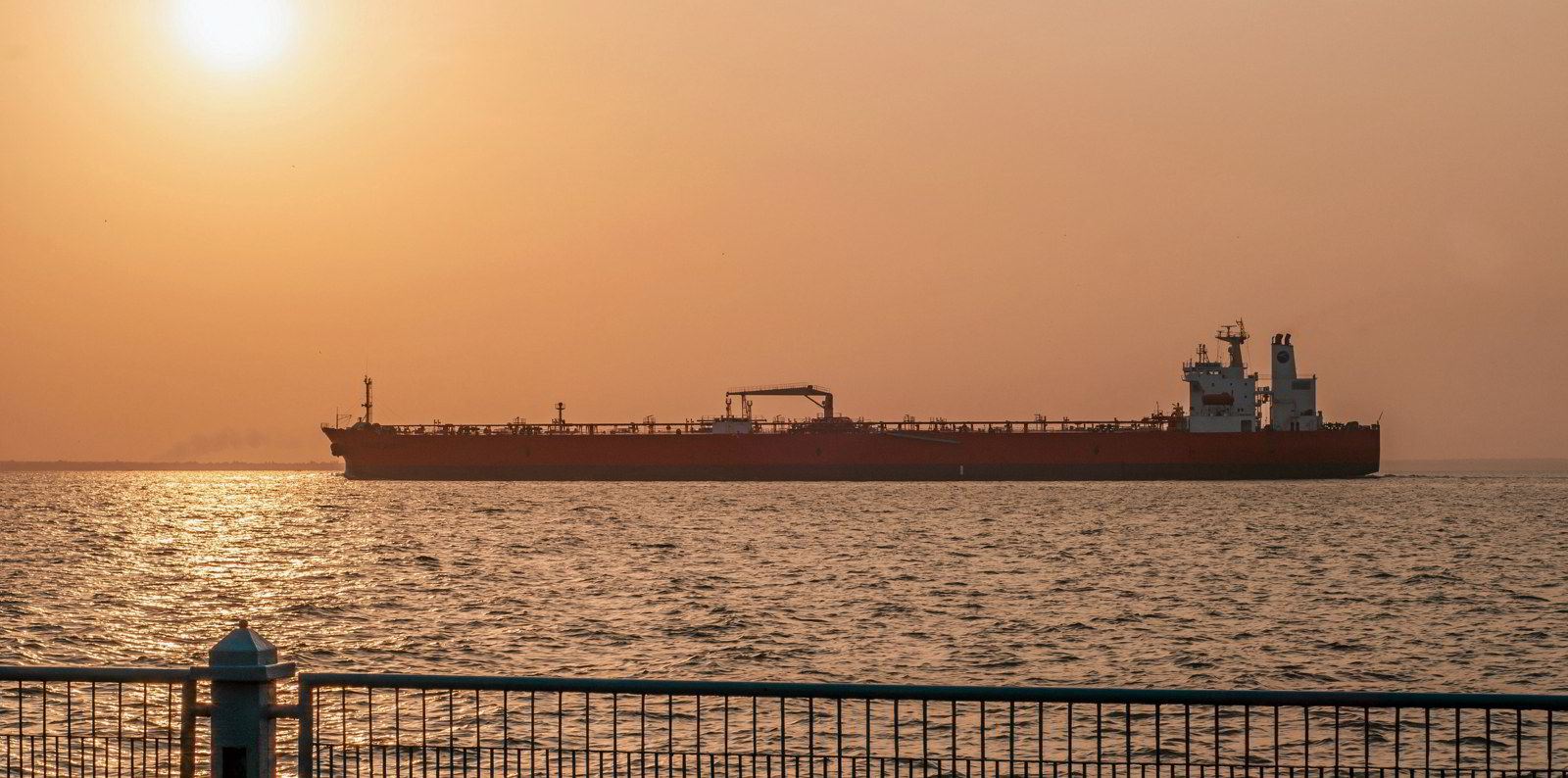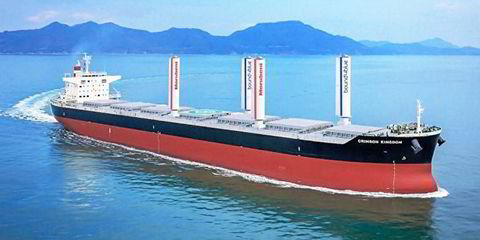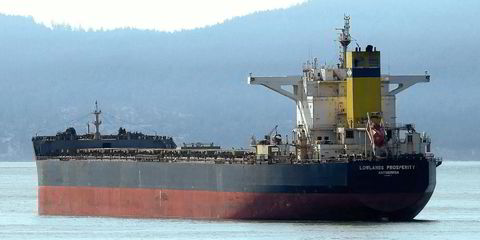A former Russian-flagged ship was engaged in ‘dark’ ship-to-ship transfer operations in the months before one of its oil cargoes ended inside a Maersk Product Tanker, according to Israel-based data analyst firm Windward.
The Russia-linked, 46,200-dwt Nobel (built 1997), owned by a company in the Seychelles, was the key link in a trading chain that led to a ship from the Maersk Tankers’ pool being barred from unloading Turkish vacuum gas oil at a European port earlier this month.
The Spanish authorities cited the Nobel’s history as a Russian-flagged tanker at the start of the country’s invasion of Ukraine rather than the nature of its cargo as the reason for the ban.
But Windward said the recent past of the Nobel highlighted how deceptive practices have grown in the last 12 months in apparent efforts to counter the sanctions regimes of the European Union and its allies.
Windward said the Nobel’s dark activities included an attempt to manipulate satellite tracking systems in late 2022 to disguise its location. The ship then reported a change in draught without any port call or apparent ship-to-ship transfers taking place.
That indicated it happened while one of the ships involved in the operation had its AIS switched off, it said in a briefing note to mark a year since Russia’s invasion of Ukraine.
Earlier this month, Spanish authorities barred the 50,000-dwt Maersk Magellan (built 2010) from unloading at the port of Tarragona after identifying that the oil it had on board had originated from the Nobel. Maersk Tankers said the cargo originated from the Turkish port of Aliaga and was loaded onto the Nobel on 28 January.
According to the Spanish authorities, the Nobel transferred a load of oil to a Vietnamese tanker before it was lightered to the Maersk Magellan on 6 February in the Alboran Sea.
The 25-year-old Nobel was sold by Russian company Novograin Ltd, based in Rostov-on-Don, to Samus Shipping of the Seychelles for an undisclosed sum in May 2022, according to shipping databases. The Spanish transport ministry said the Nobel changed its flag from Russia to Cameroon on 1 July last year.
EU regulations bar access to any Russian-flagged ships that changed to another flag after 24 February — the date of the invasion of Ukraine. The Spanish government claimed that the Maersk Magellan’s attempt to unload was an effort to circumvent EU sanctions rules imposed against Russia.
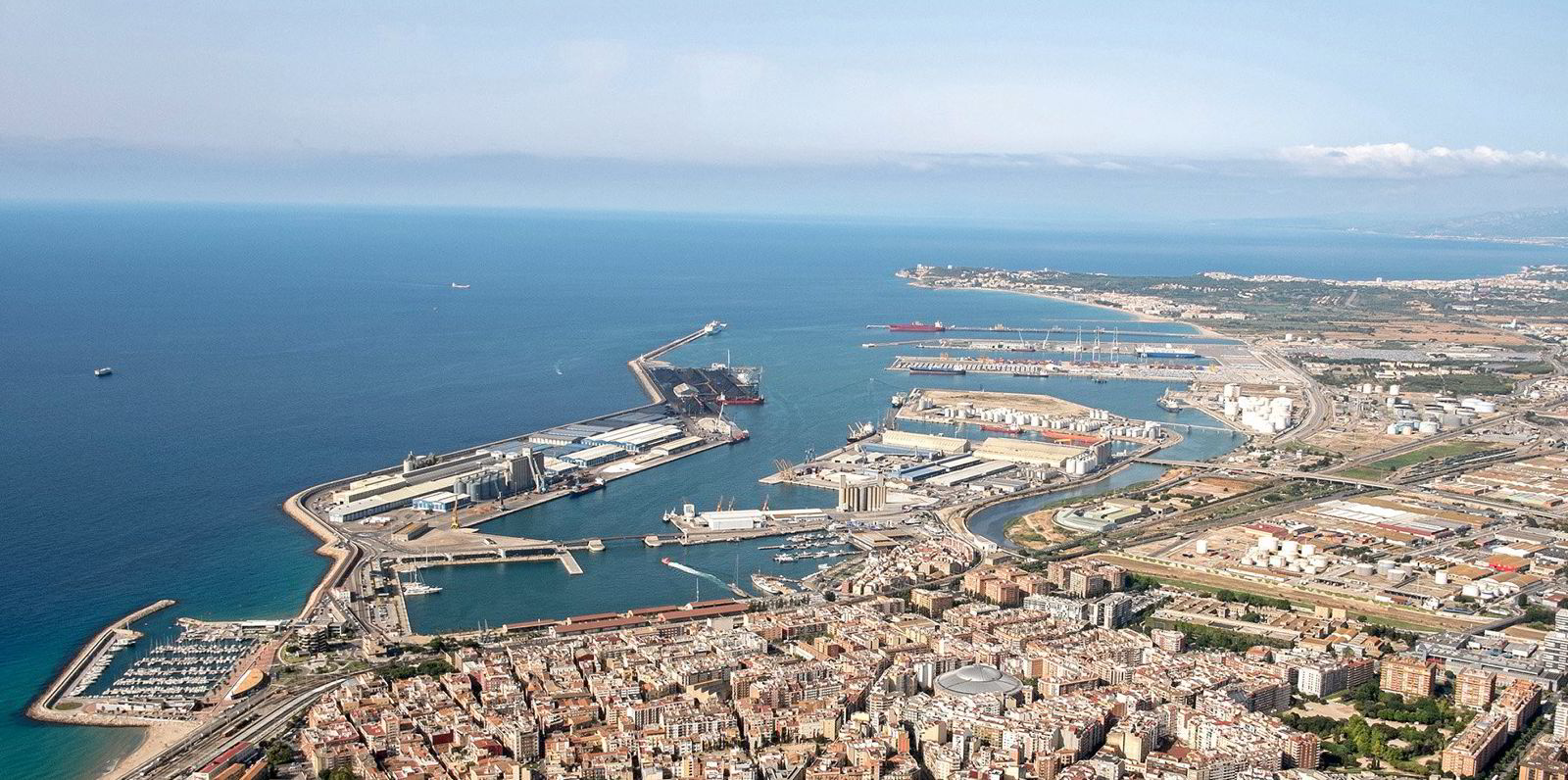
Samus could not be reached for comment. The ship’s manager, which is based in Tbilisi, Georgia, has been approached for comment.
The case of the Nobel highlights the compliance challenge for mainstream tanker operators. It said the Nobel anchored in Russia for 13 days from 25 November 2022 and changed its draught a day after leaving without any reported STS engagements or port calls.
“This singular case study is indicative of the trends and combinations ... Windward is seeing from vessels attempting to evade sanctions and capitalise on Russian oil and oil products trading,” the company said.
Deceptive practices
“Loitering in areas that would be advantageous for oil smuggling; significant draught changes without any registered port calls, indicating semi-dark ship-to-ship engagements; GNSS [Global Navigation Satellite System] manipulation — this was a common combination” of deceptive practices in 2022, it said.
Maersk Tankers said on Friday that it was awaiting instructions from its charterer on the next step for the Maersk Magellan.
The ship is currently waiting off the coast of northern Cyprus, according to Kpler tracking data, while the Nobel remains in the Alboran Sea.
